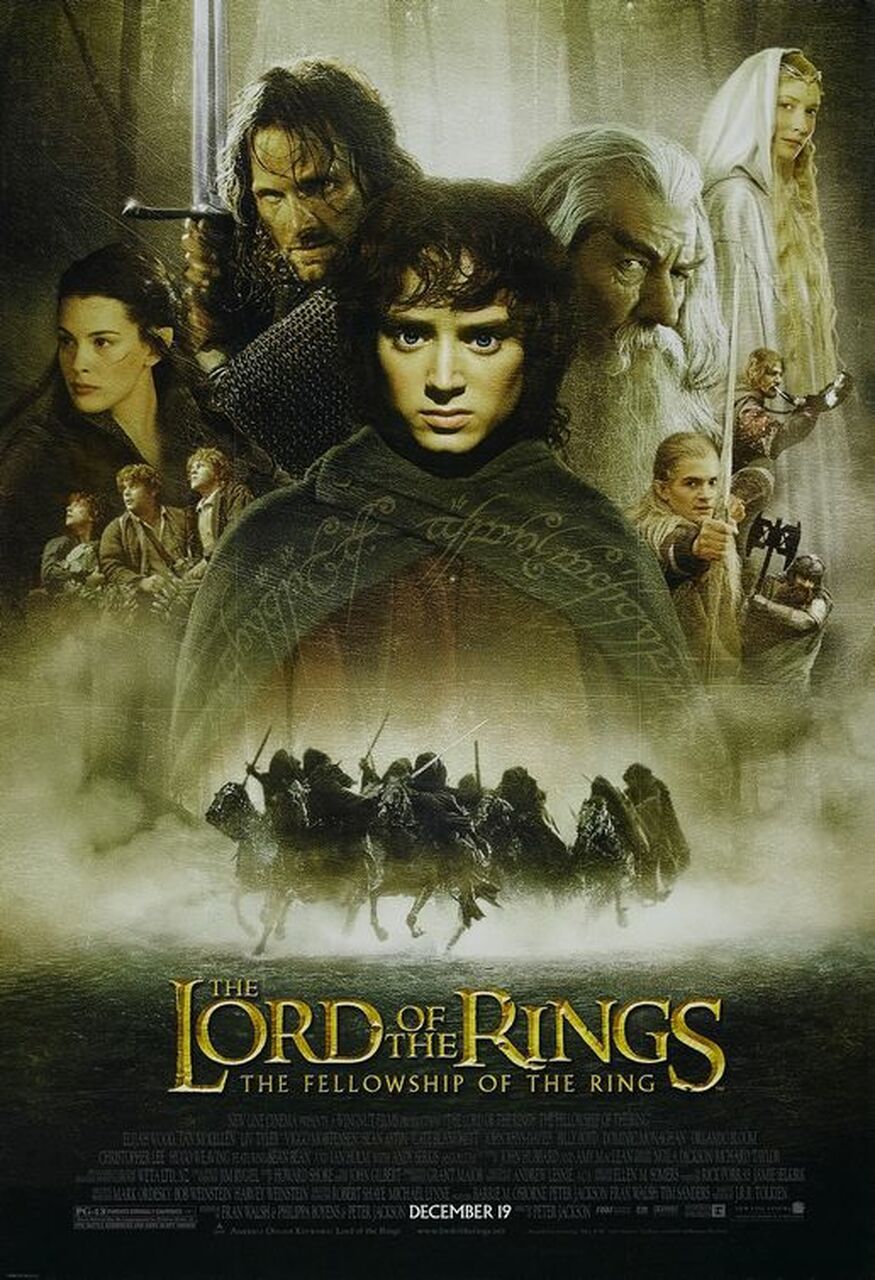How does an unassuming work of art become so widely admired, understood and therefore mainstream? Why does it occur?
And why do I feel sort of foul when saying that not all mainstream occurrences are bad just because they are mainstream? This unnecessary feeling of guilt. Safe in my own self-imposed nest of ‘alternativism’ and cynicism, riding high on the wave of fake individuality, I feel entitled to call out something mainstream and be easily judgmental towards it. So, let me get off my high horse and admit a few things. Yes, as you can see, I am trying to cope with some of my own faults here, me against my idealistic self, I need help.
Mickey Mouse is considered by some social and cultural theorists and philosophers, for example Theodor Adorno and Max Horkheimer, to be one of the ultimate tools of mass deception or even anti-enlightenment [1]. However, that doesn’t mean that every mainstream product/concept/artwork has inherently and solely mind-numbing and malicious qualities. I want to open up the conversation about branding mainstream art, and even entertainment, as low or less valuable. Those Martin Scorsese comments really got to me [2]. Martin, Jon Favreau is your fan, he really isn’t that bad, not at all. A man had a vision, different than yours, but still a very valid one.
Surely a number of those who were creating something that would later become mainstream didn’t know that it would become exactly that at the time. There are examples of such occurrences on the whole spectrum of art, however one decides to define it. One of these several ways is the dichotomy between low and high art; or serious art vs. entertainment, etc. Just to name a few examples: Vincent van Gogh spent his whole life creating beautiful paintings without living to see them be appreciated for his time. Or what about Tolkien and his creation of the Lord of the Rings universe, probably the father of the decade since it all started with him thinking of an enticing bedtime story for his children. With the sci-fi author Frank Herbert’s obsession with those sandstorms and tidal dune waves, there is little evidence that suggests he was determined from the beginning to create what would later become one of the best sci-fi book series in our history and then successively a regular of the mainstream genre. Yes, he was planning an adventure novel, but not one of the blockbuster scope.
[1] They wrote a work philosophy together named the Dialectic of Enlightenment, amongst other works that both of them wrote separately.
[2] https://www.nytimes.com/2019/11/04/opinion/martin-scorsese-marvel.html


So how does it come about?
How can a fascination in dunes and their migrations and storms result in cult art first, and then mainstream art and entertainment as is Dune by Frank Herbert? The case of its recent successful adaptation into a movie, directed by Dennis Villeneuve, certainly propelled it even more into the mainstream sphere. Being accepted by the majority and perhaps even praised for it is something most normal people, again the mainstream people, aspire to achieve. Normalcy creates the sense of stability and a healthy space for mediated growth, even if the actual state of normalcy (in any sort of sense) is in fact a joke. For something to be normal, whether that is an accepted social behaviour, a book or just a state of mind, each individual has to sacrifice – or let me try being less dramatic and say – has to willingly give away a lot of their own personal preferences, beliefs, values or learned behaviours. From their most intimate inner social circle (so, let’s say your nuclear family) for the upkeep of the pretend or made up normalcy of the bigger social groups (so, a community or society). The degrees to which both the outside world requires or expects us individuals to do that and the capacity or the degrees for each individual to adapt, both fluctuate and vary. This then creates a dynamic of constant change that has it’s both ups and downs. Those deep valleys of diminution of human consciousness, and then also the high mountains of sudden growth and the periods of seemingly boring, but actually potentially interesting stagnation, all affect and create the much needed atmosphere of normalcy and growth of society. So society in a way also goes through adolescence, right?
In essence, even though my knee-jerk reaction to the mainstream is to judge it and act like I am above it, I know that it’s wrong. The reasoning being that first, if the world were about as colorful as that black and white cookie, I would currently be an abstract thought of perfection, floating around like a beautiful piece of dust. Second, if I want to be part of the conversation about the mainstream, then I have to accept that it just might be healthier (for me, personally, I don’t know what is healthy for you, dear reader, I don’t even know if you like healthy, I know, sometimes Pringles and muffins is just the way to go, I get it, no judgement) to compromise on those glorious moments of pure bliss of growth and innovation in any field or sense and be grateful and satisfied for the current mainstream. As long as this mainstream is overall better than the previous one, we are on the right track, right? The idea is, I am going for the satisfaction of the improved mainstream, so not that bad, ha? There is a specific reason, or more so, an amalgamation of reasons, why a certain number of these works were at first a bit disregarded or faced a lot of opposition, depending on the case, and then later on became so big, or mainstream. The progression of the society itself? Sure, I’ll ask Hegel if he can stop by our party here, why not? [3]
To bring some optimism into this, to counter the also possible notion that sometimes, yes, mass opinion of something can disappointingly, but also very realistically, add to the overall average state or even worsen it, due to the lack of let’s say critical thinking in majority this is always balanced out by new thinking.
But, so let’s be mainstream anyhow and say: Let’s do it! Let’s try anyway. Let’s go for the new mainstream. Did you see the new Dune? I can’t wait, I hear that it’s the best one yet.
[3] I am referring here to Hegel’s notion of philosophy of right, how the world necessarily learns from its history, sort of. The historical realization of reason in the world.